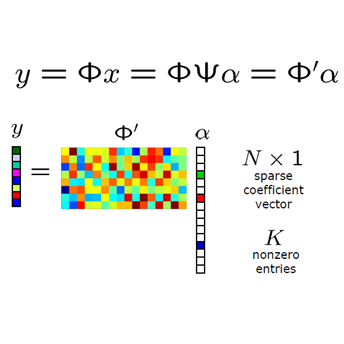The application of compressed sensing (CS)-enabled data reconstruction for accelerating magnetic resonance imaging (MRI) remains a challenging problem. This is due to the fact that the information lost in k-space from the acceleration mask makes it difficult to reconstruct an image similar to the quality of a fully sampled image. Multiple deep learning-based structures have been proposed for MRI reconstruction using CS, both in the k-space and image domains as well as using unrolled optimization methods. However, the drawback of these structures is that they are not fully utilizing the information from both domains (k-space and image). Herein, we propose a deep learning-based attention hybrid variational network that performs learning in both the k-space and image domain. We evaluate our method on a well-known open-source MRI dataset and a clinical MRI dataset of patients diagnosed with strokes from our institution to demonstrate the performance of our network. In addition to quantitative evaluation, we undertook a blinded comparison of image quality across networks performed by a subspecialty trained radiologist. Overall, we demonstrate that our network achieves a superior performance among others under multiple reconstruction tasks.
翻译:暂无翻译



